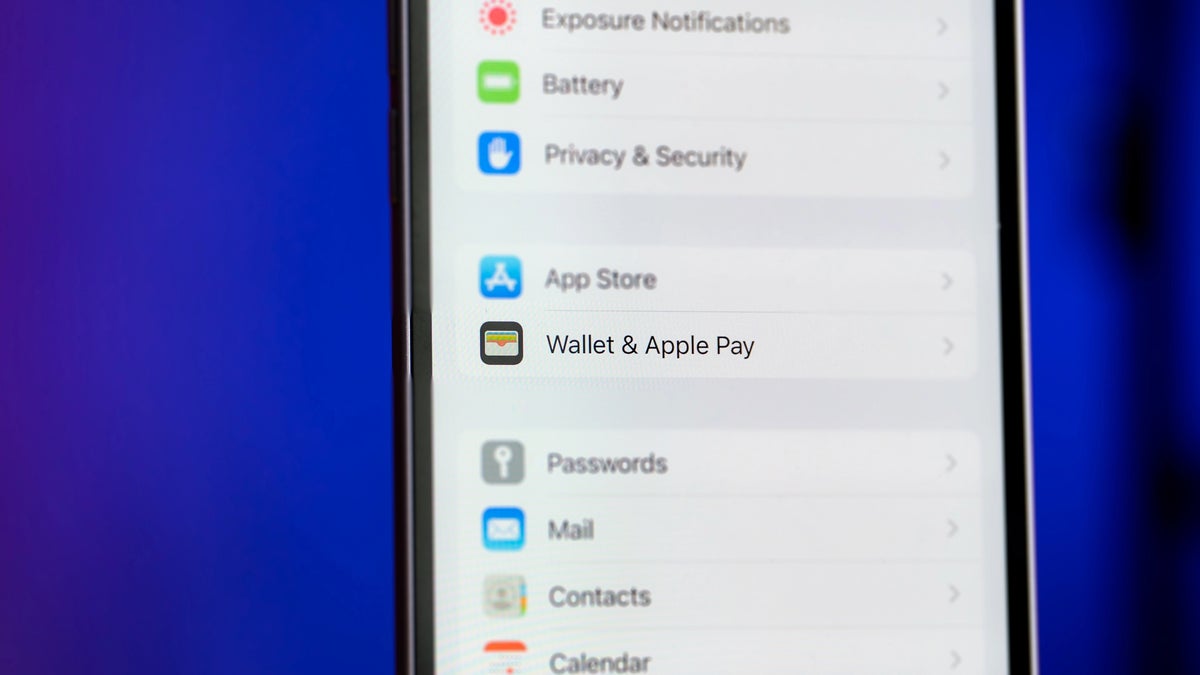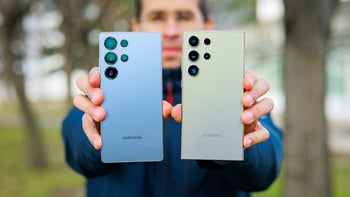EU set to approve Apple's plan to open its NFC technology for rivals

Apple is gradually opening its ecosystem to competitors in the European Union. Just last week, the first third-party app store became officially available. Now, it appears that it's time for Apple to open up its mobile wallet.
These changes mean that third-party apps can be the default wallet app that pops up when users double-click the side button and hold their phone near a payment terminal. Apple's tap-and-go technology, called near-field communication (NFC), lets you make contactless payments with mobile wallets.
Until now, Apple has tightly controlled access to the NFC contactless chip on the iPhone, citing concerns about user experience, privacy, and security. This has made Apple Pay the dominant contactless payment option on the iPhone, with virtually no competition.
Two years ago, the European Commission accused Apple of stifling competition for its Apple Pay mobile wallet by blocking rival mobile wallet app developers from accessing its tap-and-go technology.
Apple's attempt to settle the investigation by altering its policies would enable it to avoid a finding of wrongdoing and fend off a potential significant fine, which could amount to as much as 10% of its global annual turnover.
And the Cupertino tech giant likely wants to avoid further fines, especially considering that just last month, the company received a hefty €1.84 billion (around $2 billion directly converted) fine, its first EU antitrust penalty. This fine was imposed for hindering competition from Spotify and other music streaming rivals through restrictions on its App Store.
EU might be close to giving a nod to Apple's iPhone NFC change
According to Reuters, the EU Commission is poised to greenlight Apple's previously announced policy changes regarding access to the NFC chip on the iPhone. This move aims to foster competition in the contactless payments market. The commission's decision is expected to be officially announced in the coming weeks.
Two years ago, the European Commission accused Apple of stifling competition for its Apple Pay mobile wallet by blocking rival mobile wallet app developers from accessing its tap-and-go technology.
Apple's attempt to settle the investigation by altering its policies would enable it to avoid a finding of wrongdoing and fend off a potential significant fine, which could amount to as much as 10% of its global annual turnover.
That being said, the inclusion of alternative contactless payment apps won't be a completely unrestricted free-for-all. App developers will need to request entitlement from Apple to gain these privileges. They'll also need to adhere to various industry standards and possess the necessary licenses to handle consumer payments to qualify.
Follow us on Google News









![A new Android bug is making it impossible to install new apps. Are you affected? [UPDATE]](https://m-cdn.phonearena.com/images/article/176703-wide-two_350/A-new-Android-bug-is-making-it-impossible-to-install-new-apps.-Are-you-affected-UPDATE.webp)

Things that are NOT allowed:
To help keep our community safe and free from spam, we apply temporary limits to newly created accounts: